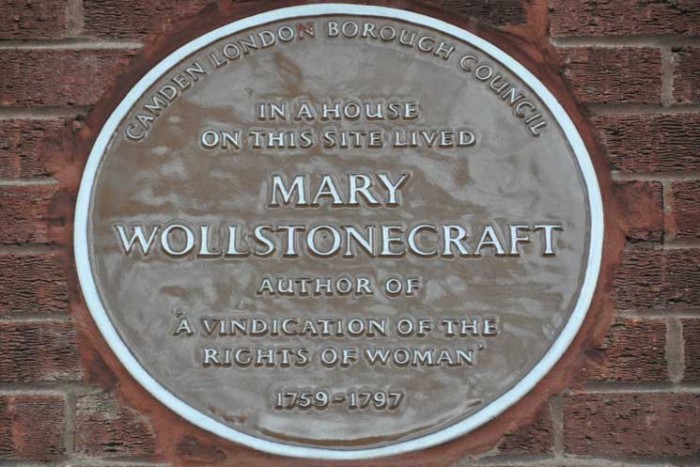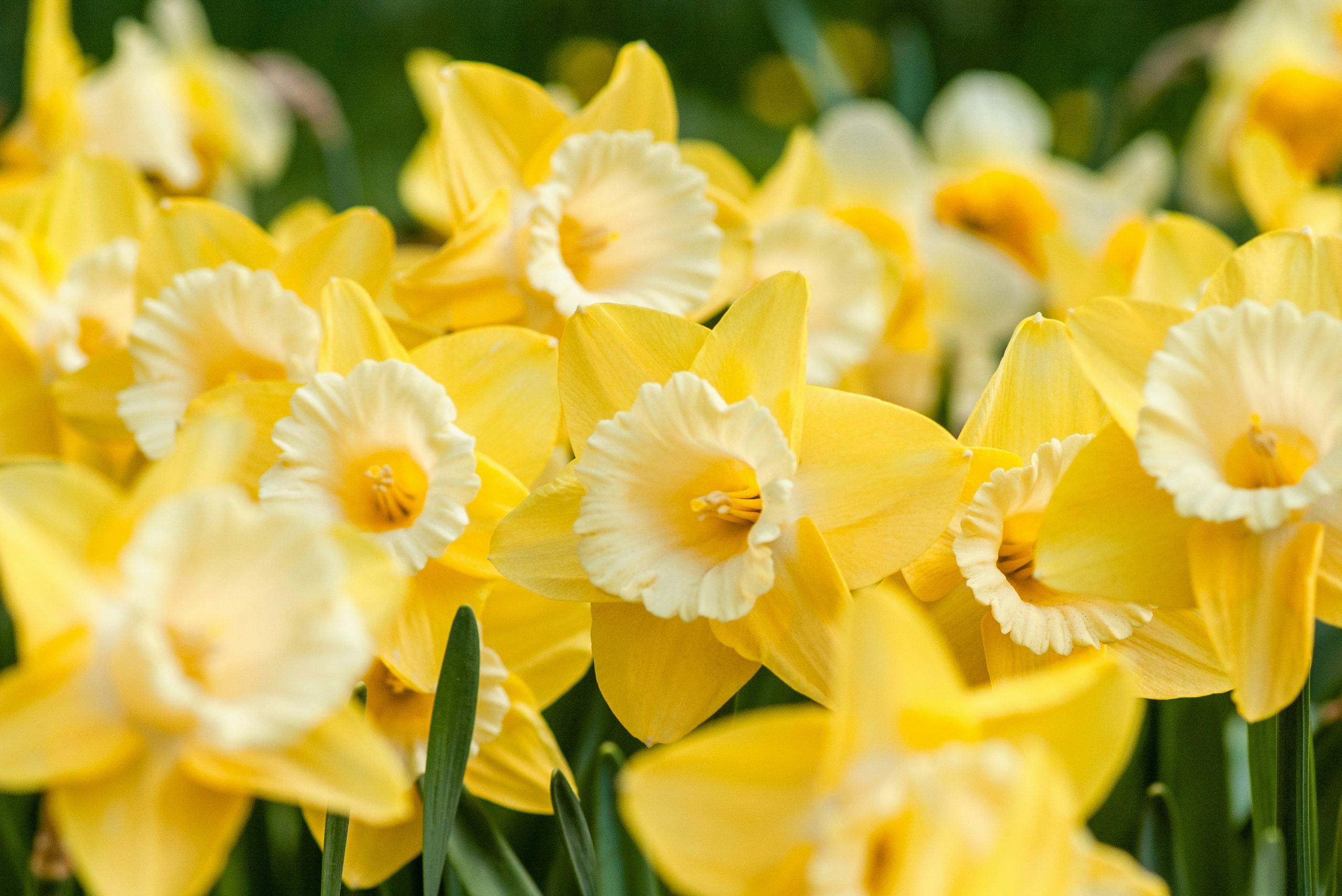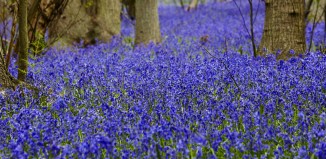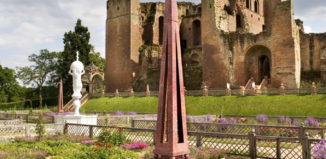Great mothers and daughters from history
Many women in history found their fame through husbands, fathers, and sons but a few mother-daughter pairs have achieved exceptional things in their own rights. We’ve gone in search of some great mothers from British history who have passed on their extraordinary talent, drive and ambitions to their equally famous daughters.
Anne Boleyn (1504-1536) and Elizabeth I (1533-1693)
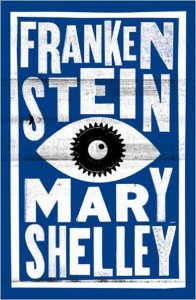 Anne Boleyn, the second queen consort and wife of King Henry VIII of England, was beheaded in 1536, likely because Henry had given up on her having his much-wanted male heir. Anne had given birth in 1533 to the Princess Elizabeth, who later became Queen Elizabeth I and gave her name to the Elizabethan age for her powerful and long leadership.
Anne Boleyn, the second queen consort and wife of King Henry VIII of England, was beheaded in 1536, likely because Henry had given up on her having his much-wanted male heir. Anne had given birth in 1533 to the Princess Elizabeth, who later became Queen Elizabeth I and gave her name to the Elizabethan age for her powerful and long leadership.
Mary Wollstonecraft (1759-1797) and Mary Shelley (1797-1851)
Mary Wollstonecraft’s A Vindication of the Rights of Woman is one of the most important documents in the history of women’s rights. Wollstonecraft’s personal life was often troubled, and her early death of childbed fever cut short her evolving ideas. Her second daughter, Mary Wollstonecraft Godwin Shelley, was Percy Shelley’s second wife and author of the book, Frankenstein.
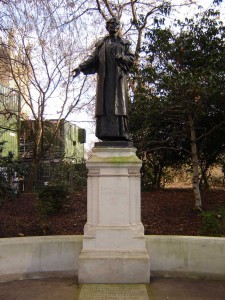
Emmeline Pankhurst (1858-1928), Christabel Pankhurst (1880-1958) and Sylvia Pankhurst (1882-1960)
Emmeline Pankhurst and her daughters, Christabel Pankhurst and Sylvia Pankhurst, founded the Women’s Party in Great Britain. Their militancy in support of woman suffrage arguably turned the tide in the British fight for women’s vote.
Marie Curie (1867-1934) and Irene Joliot-Curie (1897-1958)
Marie Curie, one of the most important and well-known women scientists of the 20th century, worked with radium and radioactivity. Her daughter, Irene Joliot-Curie, joined her in her work. Marie Curie won two Nobel prizes for her work: in 1903, sharing the prize with her husband Pierre Curie and another researcher, Antoine Henry Becquerel, and in 1911, in her own right. Irene Joliot-Curie won the Nobel Prize in Chemistry in 1935, jointly with her husband.

